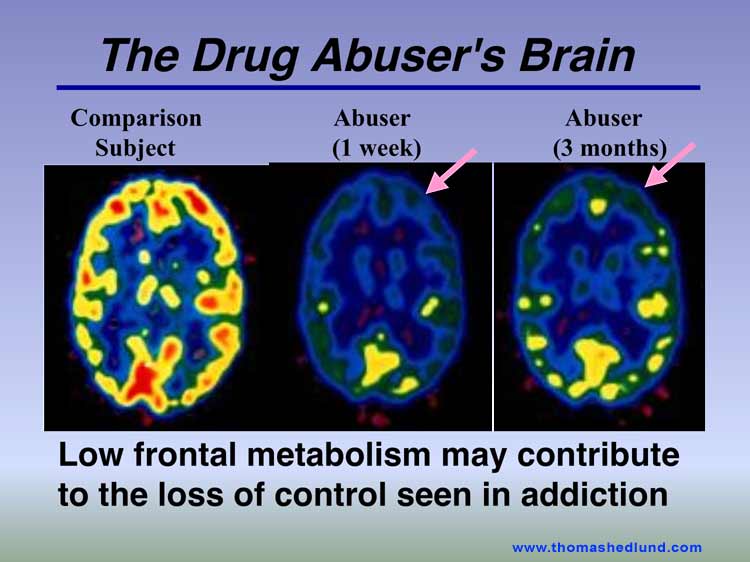Madrus
Bluelighter
- Joined
- Feb 5, 2012
- Messages
- 472
Hello. I'm asking if anyone knows of any study that exists, or maybe you'll be able to search for it better than me.
Consider withdrawal phase 2 on this quote:
So during that period after the acute withdrawal is over, PAWS, the body feels very depressed and in malaise, and I simply want some idea of the timeline for when my dopamine, serotonin, norep., etc will restore.
Afaik, the only method I've seen for measuring the amount of a certain neurotransmitter in a brain at a certain time is destructive, and involves extracting, freezing, measuring the brain. So it'd be a massacre study but I imagine something like:
Get n rats (n = 1 day), and measure their baseline levels of neurotransmitters.
Give them all the same amount of opioid, long enough to cause withdrawals.
Cold-turkey all of them.
For the next n days, grab a rat and measure the amount of neurotransmitters.
You see? And if it were me, I'd use more than 1 rat / day to have an average.
Finally, you'd have some kind of graph like: https://vgy.me/4V4q9h.png
lol, is that clear?
Okay, so yeah, you could survey people for subjective results, but I want to see objectively how long it takes an organism naturally to finally return to that elusive fucking baseline.
Consider withdrawal phase 2 on this quote:
Also,There are 2 basic stages of opiate withdrawal.
1. The Short-lived, Acute, intense, immediate withdrawal which occurs directly after stopping all opiates. "clucking", shakes, profuse sweating, chills, gooseflesh, body temperature instability, autonomic instability, "revved-up," diarrhea, cramping, bone pain, mental anguish, etc. (takes ~3 to 10 days depending on the half-life of the drug)
2. PAWS or "Post Acute Withdrawal Syndrome." This is the more drawn-out phase of withdrawal...as the body learns to cope without the drugs. includes boredom, insomnia, self-doubt, 'restless legs,' depression.
People who are recovering from opiate addiction often report severe withdrawal symptoms and feeling “off” for several weeks or even months after withdrawing from the drugs. This can make it very hard for recovering addicts to complete drug rehab, as the symptoms can lead to relapse.
These lingering feelings are symptoms of “protracted abstinence syndrome,” a cluster of depressive-like symptoms that can include low energy, poor sleep quality, reduced concentration, and anhedonia (the inability to experience pleasurable emotions from activities that usually bring pleasure).
So during that period after the acute withdrawal is over, PAWS, the body feels very depressed and in malaise, and I simply want some idea of the timeline for when my dopamine, serotonin, norep., etc will restore.
Afaik, the only method I've seen for measuring the amount of a certain neurotransmitter in a brain at a certain time is destructive, and involves extracting, freezing, measuring the brain. So it'd be a massacre study but I imagine something like:
Get n rats (n = 1 day), and measure their baseline levels of neurotransmitters.
Give them all the same amount of opioid, long enough to cause withdrawals.
Cold-turkey all of them.
For the next n days, grab a rat and measure the amount of neurotransmitters.
Finally, you'd have some kind of graph like: https://vgy.me/4V4q9h.png
lol, is that clear?
Okay, so yeah, you could survey people for subjective results, but I want to see objectively how long it takes an organism naturally to finally return to that elusive fucking baseline.
Last edited:


